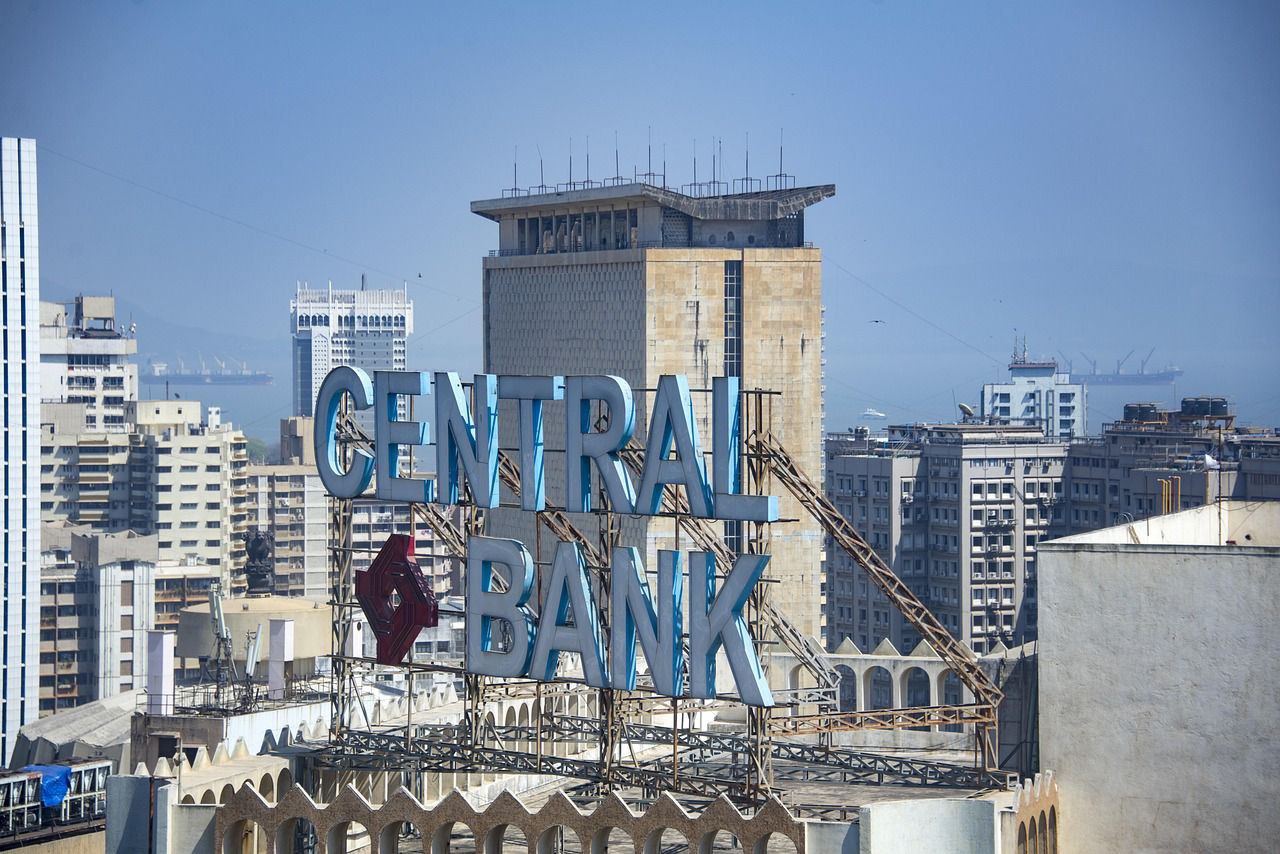Introduction: A Historic Moment for Mauritius
Mauritius Aid has taken center stage as Indian Prime Minister Narendra Modi announced an unprecedented USD 680 million package dedicated to infrastructure development. This announcement represents more than just a financial gesture; it is a statement of trust and a reinforcement of the long-standing ties between the two nations. For Mauritius, a small island state seeking to strengthen its position in the global economy, this initiative could not have come at a better time. The funding is expected to have a direct impact on transportation networks, housing projects, and renewable energy solutions, all of which are critical to the country’s long-term development strategy.
Infrastructure has always been the backbone of Mauritius’s socio-economic progress, yet many sectors remain under pressure due to limited financial capacity. This new package of Mauritius Aid is designed to bridge those gaps, offering both immediate relief and sustainable solutions. By targeting multiple sectors simultaneously, the plan is expected to create thousands of jobs, improve living conditions, and enhance connectivity across the island. Analysts suggest that the move will also attract foreign investors, as improved infrastructure lowers the cost of doing business and makes the country a more competitive hub.
What makes this moment historic is not merely the size of the funding but the scope of its intended impact. Unlike previous support programs that focused on one or two specific projects, this Mauritius Aid initiative has a comprehensive vision. It aims to modernize the island’s entire development framework, paving the way for growth in trade, tourism, and technology. The announcement has already generated significant attention in local and international media, highlighting Mauritius as a success story for small island economies forging strong strategic partnerships.
Mauritius Aid and Economic Growth
The link between Mauritius Aid and economic growth is direct and undeniable. The country’s economy relies heavily on sectors like tourism, financial services, and manufacturing, all of which are closely tied to infrastructure quality. Better roads, ports, and airports will make Mauritius a more attractive destination for tourists and investors alike. Improved housing and energy infrastructure will also enhance productivity, as citizens spend less time dealing with unreliable services and more time contributing to the economy.
Economists argue that this Mauritius Aid package could lead to a multiplier effect. For every dollar invested in infrastructure, there is typically a return several times higher in economic activity. For example, building new transport corridors does not just create construction jobs; it also reduces logistics costs, improves access to markets, and encourages the growth of new businesses. Over time, this translates into higher GDP growth and increased government revenue, which can then be reinvested in social programs such as education and healthcare.
Furthermore, the funding arrives at a time when global economic uncertainty has left many small nations vulnerable. By securing long-term financing from a trusted partner like India, Mauritius gains both economic stability and negotiating leverage on the world stage. This stability allows policymakers to plan ambitious reforms without the constant fear of budget shortfalls or external shocks. In short, Mauritius Aid could be the catalyst that shifts the nation from a position of vulnerability to one of resilience and growth.
Mauritius Aid and Social Development
Beyond economics, Mauritius Aid carries profound social implications. Infrastructure is not just about roads and bridges; it is about connecting communities, giving children safe routes to school, and providing families with access to clean water and electricity. When the quality of public services improves, so does social cohesion. Citizens begin to feel that progress is tangible, which boosts trust in government and encourages civic participation.
Housing projects funded through this package are expected to target low- and middle-income households, addressing one of the country’s most pressing social issues. Affordable housing will not only reduce overcrowding but also provide safer living conditions, ultimately leading to healthier communities. In addition, investments in renewable energy will contribute to environmental sustainability, ensuring that future generations inherit a greener, more livable island.
Another important dimension of social development is job creation. Large-scale infrastructure projects will generate employment opportunities across multiple sectors, from construction and engineering to logistics and maintenance. This will help reduce unemployment, particularly among youth, and give rise to new skill development programs. Over time, this human capital development will have a compounding effect on the island’s prosperity, making Mauritius Aid a cornerstone of its long-term social strategy.
Mauritius Aid and Strategic Partnerships
One of the most significant outcomes of Mauritius Aid is the strengthening of strategic partnerships. The relationship between India and Mauritius goes beyond financial assistance; it is a partnership rooted in shared history, cultural ties, and mutual economic interests. India has long seen Mauritius as a key partner in the Indian Ocean region, a strategic location for trade routes and maritime security. By providing this large-scale funding, India reaffirms its commitment to supporting Mauritius in its pursuit of sustainable development and regional influence.
This partnership also has geopolitical implications. Mauritius sits in a region where major powers are competing for influence. By aligning with India, Mauritius gains a reliable partner that respects its sovereignty while offering technology, expertise, and financial resources. This balance is crucial for maintaining independence and avoiding overreliance on any single global power. The Mauritius Aid package can therefore be viewed as a diplomatic statement, positioning the country as a strong player in regional cooperation frameworks.
Another important aspect of strategic partnership is knowledge transfer. This initiative is not just about building roads and bridges; it is also about building human capacity. India is expected to share expertise in project management, renewable energy technology, and urban planning, which will empower Mauritius to manage future development projects independently. Over time, this knowledge transfer will reduce dependency and encourage a culture of innovation within the island nation.
Mauritius Aid and Innovation
The Mauritius Aid package is also an opportunity to introduce innovation in infrastructure development. Modern infrastructure is no longer just concrete and steel; it involves smart technologies, digital solutions, and sustainable practices. With this funding, Mauritius has a chance to leapfrog traditional development models and adopt cutting-edge solutions from the start. This could include smart transportation systems, energy-efficient housing, and digital platforms for managing public utilities.
Innovation will play a crucial role in ensuring that the infrastructure built today remains relevant for decades to come. For instance, integrating renewable energy solutions such as solar and wind into the grid will reduce dependence on fossil fuels and protect the island from volatile energy prices. Similarly, digitalizing public services will improve efficiency, transparency, and accessibility, making life easier for citizens and businesses.
The Mauritius Aid initiative also creates space for collaboration with private sector innovators. Public-private partnerships can bring in additional investment and expertise, accelerating project delivery and reducing costs. By opening the door to innovative approaches, Mauritius positions itself as a model for other small island nations seeking to achieve sustainable development in the 21st century.
Mauritius Aid and Global Perception
Internationally, Mauritius Aid is likely to elevate the country’s profile. When a small nation secures a large-scale funding package of this magnitude, it sends a strong message to the global community that it is serious about its development goals. This can attract further bilateral and multilateral support, as other nations and institutions often view successful partnerships as a sign of good governance and financial discipline.
Improved global perception can have a ripple effect across multiple sectors. Tourism may benefit as Mauritius gains attention as a forward-looking and well-managed destination. International investors may also view the country as a safer bet, leading to increased foreign direct investment. These factors combined could help Mauritius transition from a middle-income economy to a high-income one over the coming decades.
This boost in reputation is also important for Mauritius’s participation in global forums. Strong infrastructure and economic stability give the nation more credibility when advocating for small island states’ concerns, such as climate change funding and fair trade practices. In this way, Mauritius Aid does not only build roads and bridges; it builds diplomatic bridges as well, strengthening the country’s voice on the international stage.
Mauritius Aid and Environmental Impact
Mauritius Aid is not just about economic growth; it also has the potential to deliver significant environmental benefits. One of the government’s priorities is to integrate sustainability into every major infrastructure project. This means adopting eco-friendly construction methods, minimizing carbon emissions, and preserving natural habitats while expanding urban areas. Such an approach ensures that development does not come at the expense of the environment.
Renewable energy investments form a cornerstone of this effort. Solar power plants, offshore wind projects, and improved energy efficiency measures are all being considered as part of the Mauritius Aid initiative. These projects will help Mauritius meet its climate commitments and reduce reliance on imported fossil fuels. In turn, this will make the island more resilient to global energy price shocks.
International organizations, including the United Nations Sustainable Development platform, have consistently highlighted the importance of green infrastructure. By aligning with these global sustainability goals, Mauritius can attract additional climate finance and technical support from development partners around the world.
Mauritius Aid and Governance
Good governance will be key to ensuring that Mauritius Aid is used effectively and transparently. Large funding packages can sometimes face challenges such as cost overruns or project delays, but with robust oversight mechanisms, these risks can be minimized. The government has already announced plans to establish monitoring committees and publish regular progress reports, enabling citizens to track how funds are being utilized.
Transparency is not only a safeguard against corruption but also a confidence-building measure for investors and the public. When people see that projects are completed on time and within budget, trust in government institutions grows. This trust can lead to greater citizen participation in future initiatives, creating a virtuous cycle of accountability and development.
Strong governance will also attract global attention. Countries and financial institutions prefer to work with partners who demonstrate responsible fiscal management. Mauritius can use this opportunity to showcase itself as a model of effective governance in the region, which could pave the way for even larger development programs in the future.
Mauritius Aid and Future Prospects
Looking ahead, the Mauritius Aid package is likely to shape the country’s trajectory for decades. By building a strong infrastructure base today, Mauritius can lay the groundwork for diversification into high-value sectors such as fintech, biotechnology, and green tourism. These industries have the potential to create high-skilled jobs and increase the nation’s global competitiveness.
Education and skills development will be crucial for realizing these prospects. Training programs for engineers, technicians, and project managers will ensure that the local workforce can sustain and expand on the progress made. This focus on human capital development will prevent brain drain and keep talent within the country.
For readers seeking deeper policy analysis, you can explore our detailed coverage of strategic reforms in Government Statements Mauritius , where we examine how such initiatives fit into the nation’s long-term development strategy.
Conclusion: A Defining Chapter for Mauritius
The Mauritius Aid package represents more than just a financial transaction; it is a turning point in the nation’s history. By investing in infrastructure, sustainability, and human development, Mauritius is setting itself on a path toward resilience and prosperity. This initiative strengthens the country’s global standing, creates new opportunities for its citizens, and fosters a spirit of collaboration between public and private sectors.
As the projects funded by Mauritius Aid begin to take shape, they will transform not only the physical landscape of the island but also the hopes and ambitions of its people. It is a moment that captures the promise of progress and the power of partnership a moment that could define the next chapter of Mauritius’s development journey.




